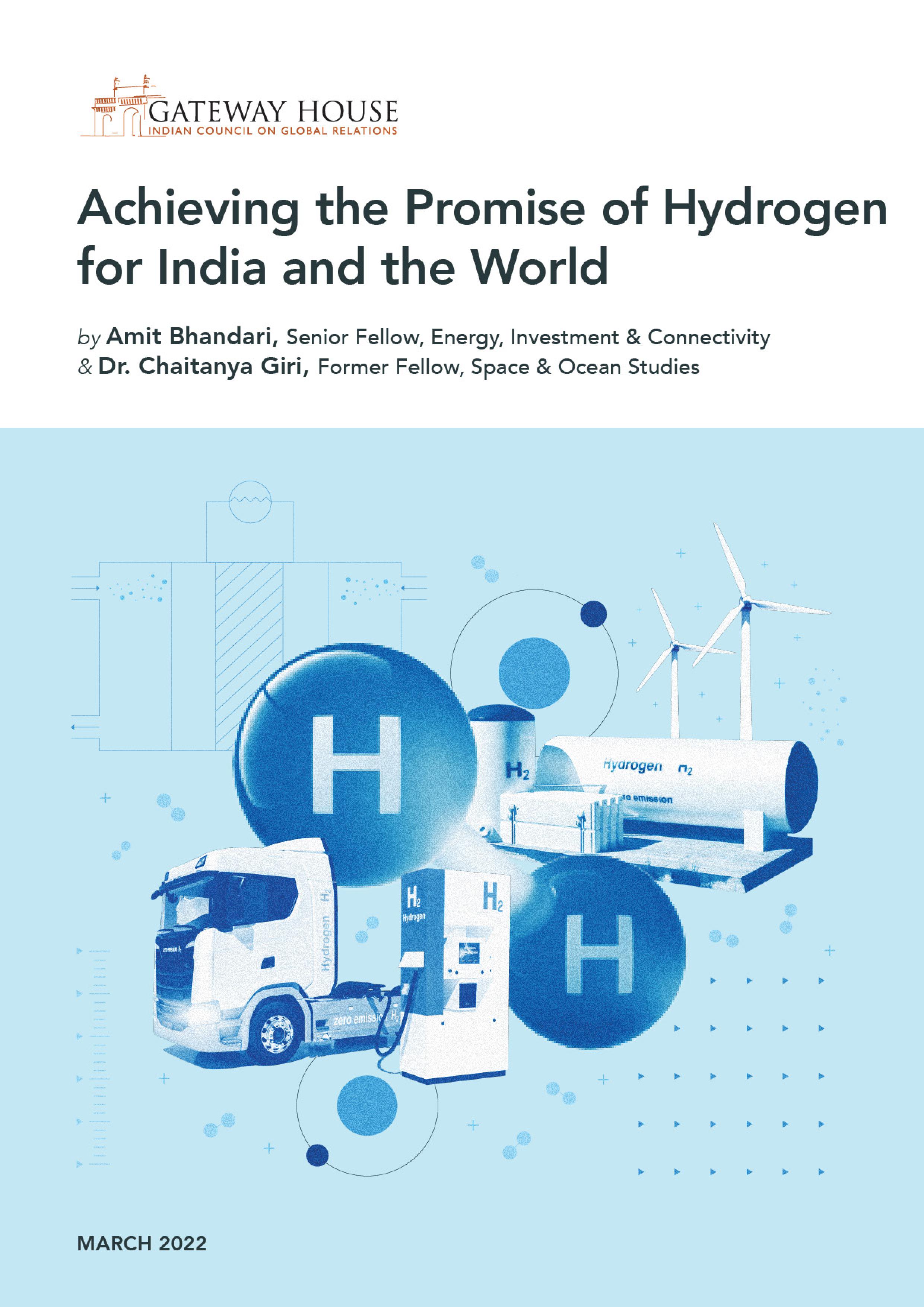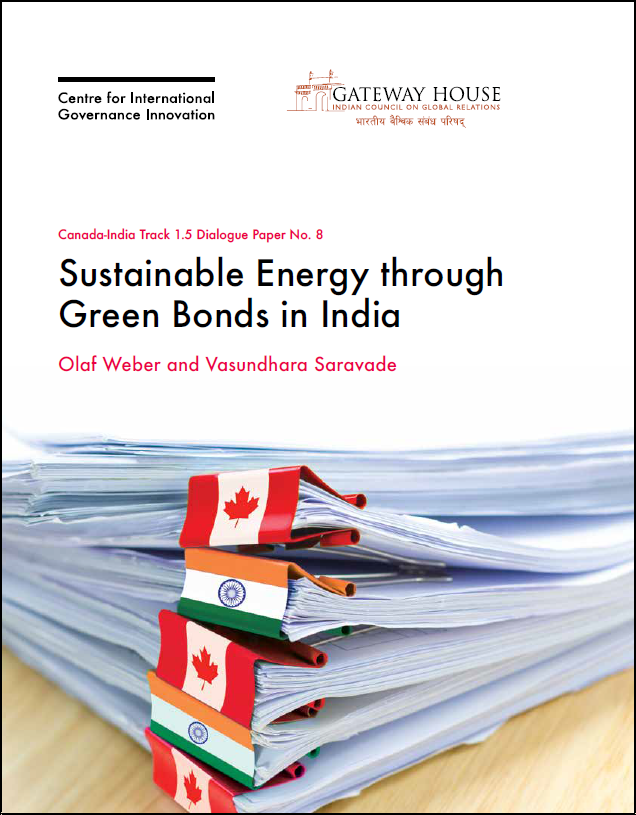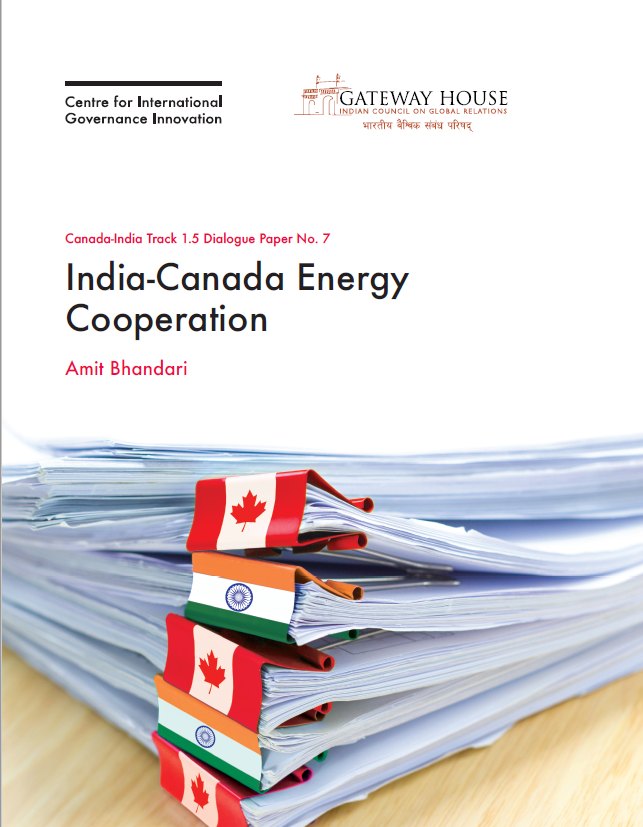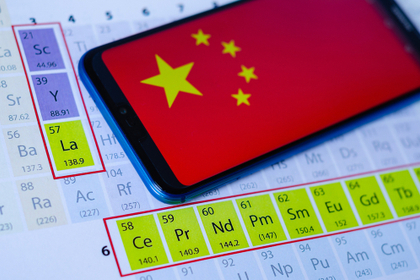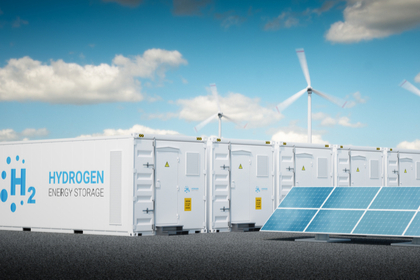Achieving the Promise of Hydrogen for India and the World
On February 17, India launched the Green Hydrogen Policy which facilitates the production of hydrogen and ammonia to replace fossil fuels. Produced from water by electrolysis, green hydrogen offers a way to store renewable energy in bulk. This paper analyses the viability of green hydrogen in India as a vehicle fuel and industrial gas, and makes recommendations for the usage of this clean energy source by companies, entrepreneurs, and policy-makers.

